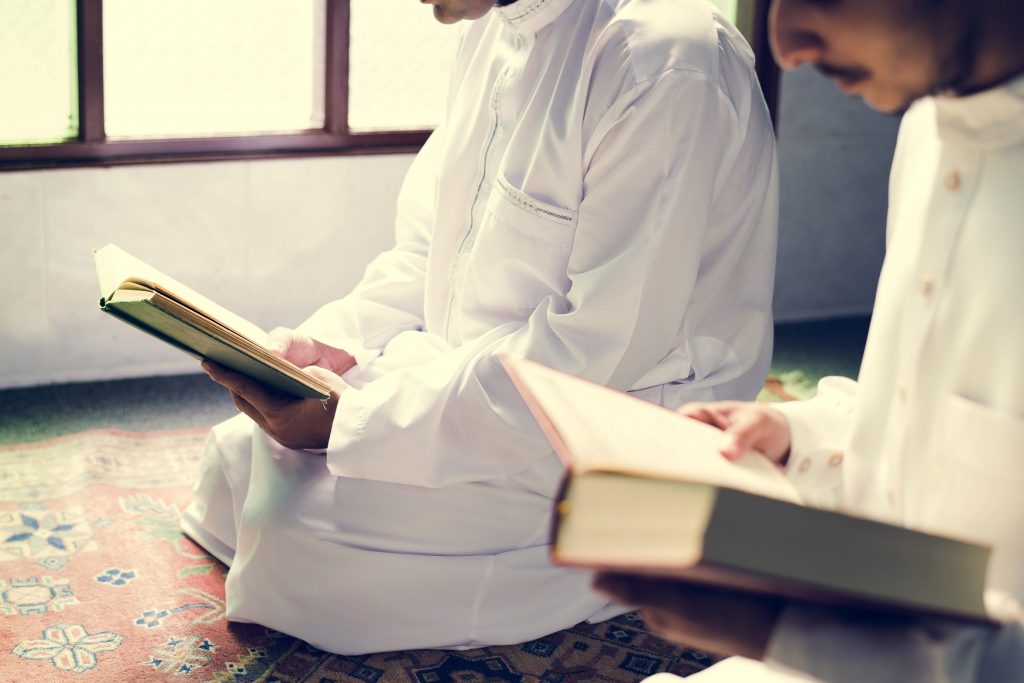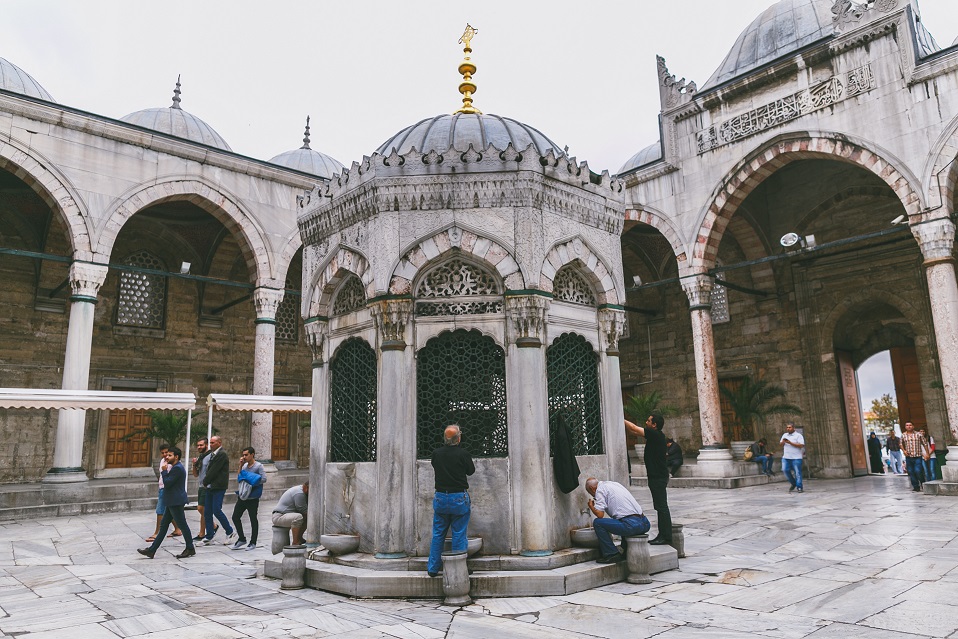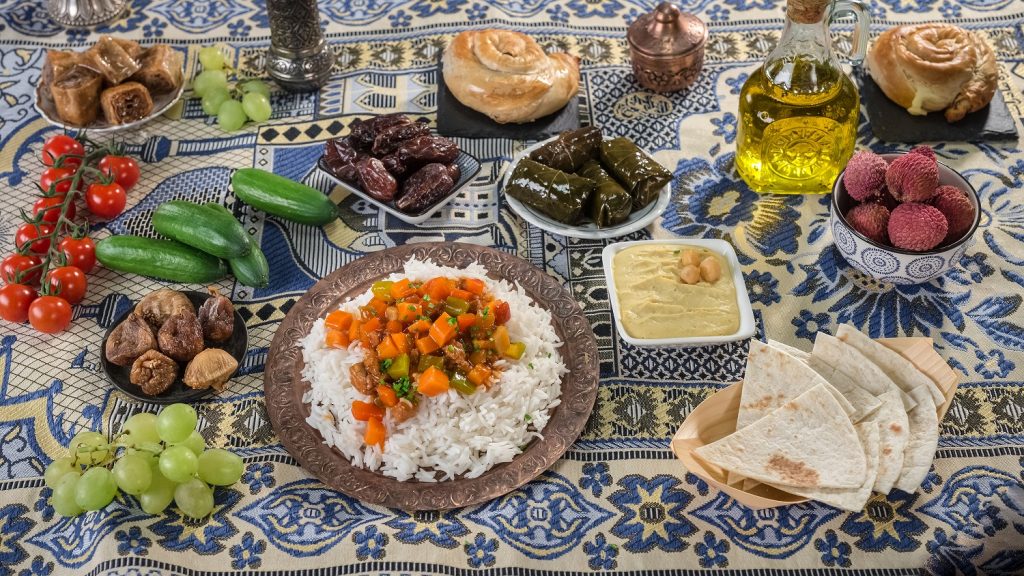Ever wonder why it is called “Ramadan”? The term Ramadan comes from the word “ramad” which means burning. According to Muslim scholars, this holy month was named Ramadan because fasting during it burns the sins of the practicing person, bringing her or him closer to God. During this month, Muslims fast from sunrise to sunset, abstaining from food, water, and sexual intercourse from sunup to sundown.

Ramadan commemorates the month in which Muslims believe Muhammad received the initial revelations that today make up the Qur’an. It falls upon a different Gregorian date every year based on moon sightings. Ramadan is a time of spiritual cleansing for many Muslims, and it is encouraged to prepare in advance for it. Burying hatchets, reflecting upon the Qur’an, decluttering your home, giving to charity, abstaining from vices (such as smoking, drinking, and excessive caffeine consumption), stocking up on pantry items in bulk, eating moderately, and going on a social media detox are some of the things people do to prepare. To get young children into the Ramadan spirit, parents decorate their homes and plan a fun 30-day countdown calendar to encourage kids to do good deeds, and learn about the significance of the month.
Ramadan is a perfect time for families to bond over prayer and prepare meals to break bread during suhoor, the pre-dawn meal, and iftar, the meal eaten at sunset. This is also a great opportunity for people to give back to the community by donating to mosques, and assisting them in preparations for daily suhoor and iftar meals for the public. Mosques and universities hold annual interfaith iftars as they welcome people of other faiths to join Muslims in opening their fasts at sundown. If Ramadan falls in the summer months, the nights are shorter allowing friends and families to spend it together engaging in prayer and suhoor. There is also an increased sense of community and brotherhood during the month of Ramadan. Muslims from around the neighborhood congregate for “Taraweeh”, a nightly Ramadan prayer.

Ramadan is a chance for Muslims to redeem themselves. Apart from redemption, Ramadan allows for improved mental clarity and concentration. We have all experienced a “food coma”, a state in which we feel extremely lethargic. In contrast, even with little food and water, Muslims find periods during their fast where they feel a brain fog lifted and mental concentration improved. Ramadan reveals the strength of the body and the power of the mind. Similar to other religions and traditions, fasting reveals to us that our appetite has less power over us than we think and that we are stronger than we realize. It illuminates the power we have over our urges.

The first day of Ramadan is the hardest for most people; however, after a few days, the body gets accustomed to the new change. During Ramadan, for the pre-dawn meal (suhoor), health experts strongly recommend to drink plenty of water and eat wholesome foods that provide energy to last the long hours of summer. Foods such as yogurt lassi, fruit and date smoothies, chia seed pudding, greek yogurt with granola, oatmeal with bananas, and avocado toast are commonly recommended. For the post-dawn meal (Iftar), it is recommended to break your fast with dates and water, as dates provide a burst of natural sugar that your body needs, followed by grilled chicken or fish with vegetables, salads, and soup. During Ramadan, one should stay away from foods that are saturated with oil, artificial sugars, or salts; otherwise, it defeats the purpose of living a healthy lifestyle. Begin and end your fast on a nutritious note, and your body will thank you in the long run.
Ramadan is a chance for Muslims to cleanse the mind, body, and soul. Some find it the perfect antidote to our fast-paced digital culture that can leave us mentally exhausted and disconnected with nature, personal relationships, and our inner selves.